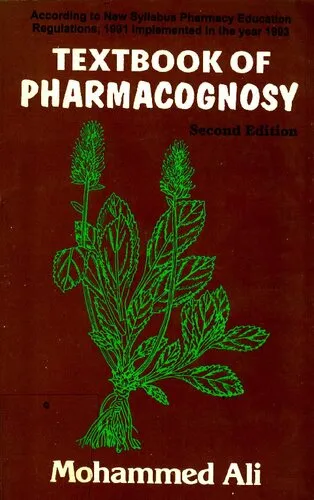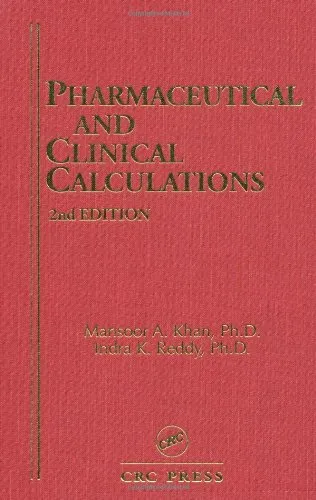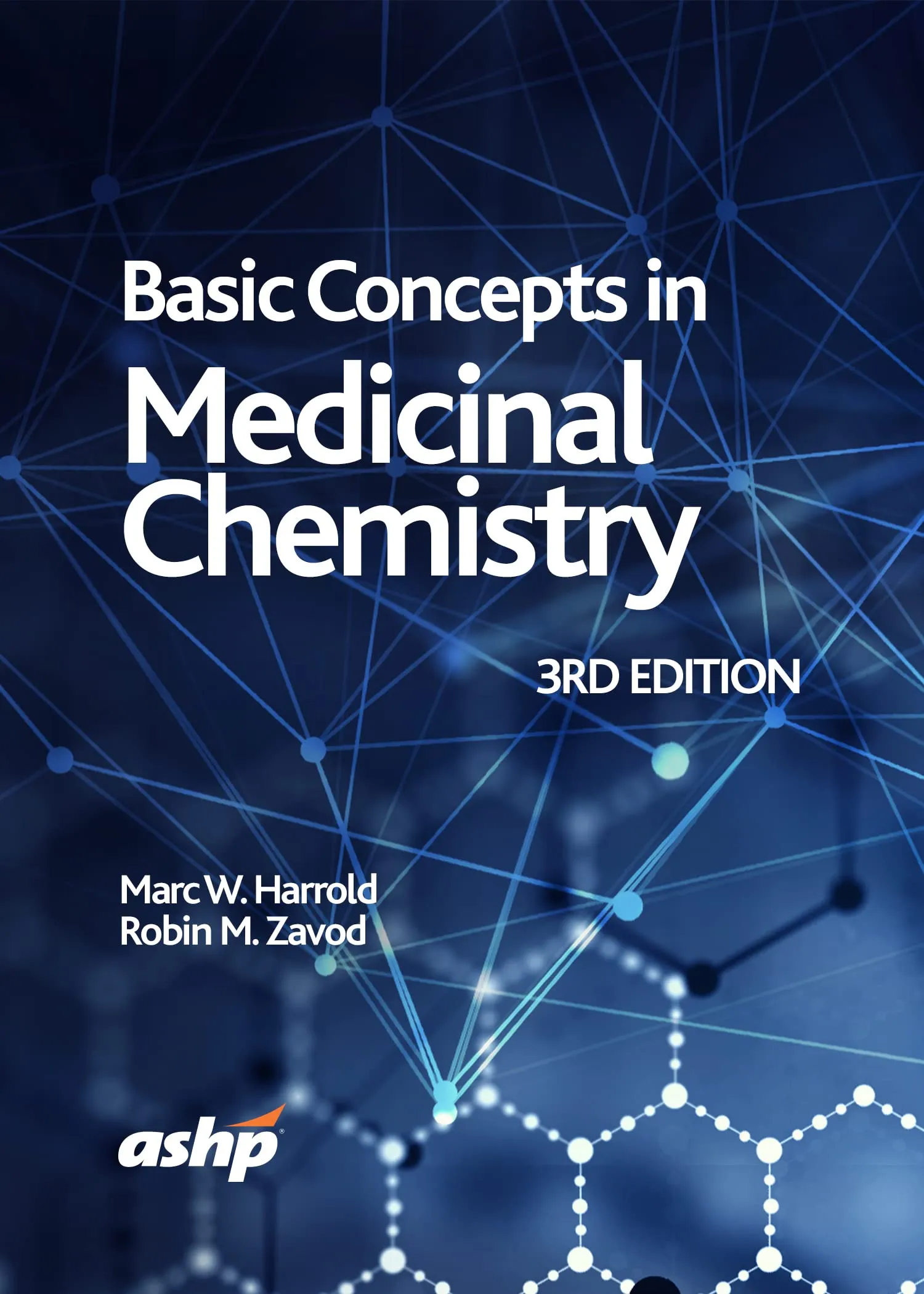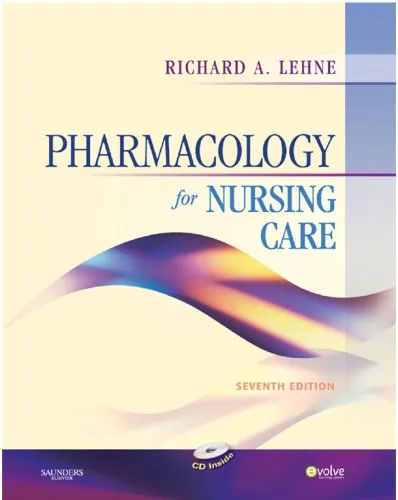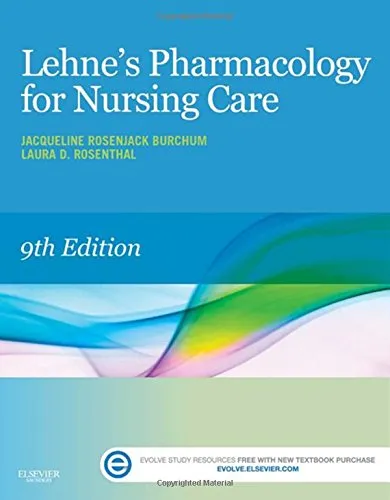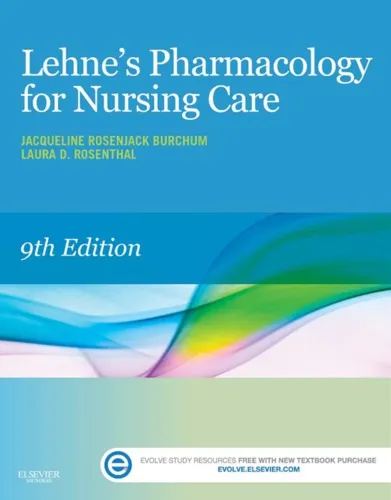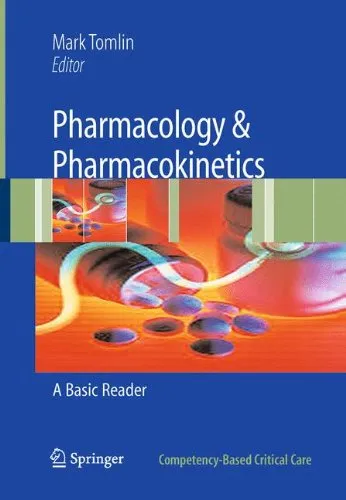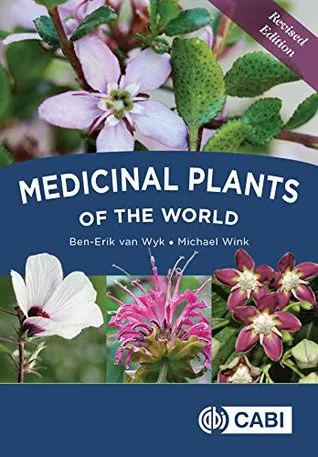Foye's Principles of Medicinal Chemistry (Lemke, Foye's Principles of Medicinal Chemistry)
4.7
Reviews from our users

You Can Ask your questions from this book's AI after Login
Each download or ask from book AI costs 2 points. To earn more free points, please visit the Points Guide Page and complete some valuable actions.Related Refrences:
Introduction to Foye's Principles of Medicinal Chemistry
"Foye's Principles of Medicinal Chemistry" remains one of the most authoritative resources in the field of medicinal chemistry. Written and compiled by experts Thomas L. Lemke and David A. Williams, this book provides a comprehensive look into the foundational and advanced principles governing pharmacology, drug design, and biochemistry. With its thoughtful synthesis of science and application, it has become an indispensable guide for students, researchers, and professionals in medicine, pharmacy, and allied health sciences.
This renowned text balances the theoretical aspects of medicinal chemistry with its practical applications, making it valuable for both novices and seasoned professionals. Each chapter has been meticulously designed to enhance understanding, covering the intricate pathways of drug synthesis, biological efficacy, pharmacokinetics, and molecular mechanisms. Its ability to bridge chemistry and clinical applications while remaining accessible ensures its position as a leader in pharmaceutical education.
Detailed Summary of the Book
"Foye's Principles of Medicinal Chemistry" delves deeply into the scientific discipline that explores how chemical substances interact with biological systems. Comprising numerous chapters, the book provides a well-rounded education on critical themes such as drug design, structure-activity relationships (SAR), and the molecular basis of drug action. It also explains principles of pharmacodynamics and pharmacokinetics, equipping readers with the tools to understand how drugs are absorbed, distributed, metabolized, and excreted in the human body.
Another key feature is the focus on various therapeutic agents, their molecular mechanisms, and their chemical structures. The text explores how advancements in chemical engineering, computational chemistry, and biotechnology have driven progress in drug discovery. Additionally, the book systematically reviews different drug classes, including antibiotics, antivirals, and anticancer agents, and their therapeutic roles.
One of the most impressive aspects of this book is its combination of detailed scientific content and clinical relevance. Chapters also address the ethical considerations and regulatory environments influencing modern drug development, ensuring readers appreciate the broader landscape of medicinal chemistry.
Key Takeaways
- Comprehensive understanding of the chemical principles underlying drug actions and interactions.
- Detailed coverage of pharmacodynamics and pharmacokinetics, enabling readers to connect chemistry to clinical application.
- Exploration of drug design mechanisms, structure-activity relationships, and the role of molecular biology in advancing drug discovery.
- A systematic review of drug classes, including their mechanisms, applications, and structural considerations.
- An emphasis on contemporary pharmaceutical challenges, such as antibiotic resistance, drug efficacy, and personalized medicine.
Famous Quotes from the Book
"Medicinal chemistry sits at the heart of how we understand the delicate interplay of biology and chemistry in crafting solutions for the ailments of humanity."
"By understanding the intricate relationship between molecular structure and biological activity, we unlock the potential to design drugs that save lives."
"Modern drug discovery is not simply a quest for cures but an ethical journey in serving global health needs."
Why This Book Matters
"Foye's Principles of Medicinal Chemistry" stands as a cornerstone text in pharmaceutical education for several compelling reasons. The book’s depth of detail provides an unparalleled foundation in comprehending the role of chemistry in drug discovery and design. It equips students with critical-thinking skills necessary to approach complex pharmaceutical challenges.
The work's relevance extends beyond academia, influencing researchers and professionals working at the forefront of medical innovation. Its ability to connect theoretical chemistry with real-world clinical applications ensures it remains practical, fostering an appreciation for the impact of science on public health. Moreover, the inclusion of modern challenges, such as resistance and biopharmaceutical regulation, makes it future-focused and adaptable to new advancements in the field.
Free Direct Download
You Can Download this book after Login
Accessing books through legal platforms and public libraries not only supports the rights of authors and publishers but also contributes to the sustainability of reading culture. Before downloading, please take a moment to consider these options.
Find this book on other platforms:
WorldCat helps you find books in libraries worldwide.
See ratings, reviews, and discussions on Goodreads.
Find and buy rare or used books on AbeBooks.
1462
بازدید4.7
امتیاز0
نظر98%
رضایتReviews:
4.7
Based on 0 users review
Questions & Answers
Ask questions about this book or help others by answering
No questions yet. Be the first to ask!


